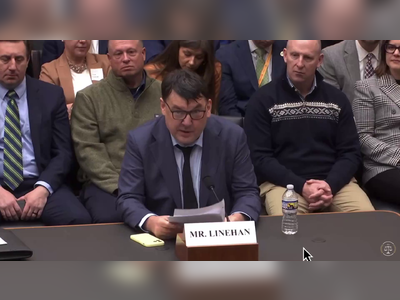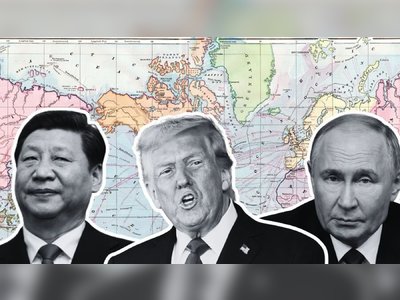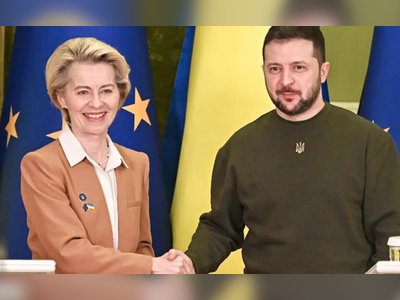
OPEC+ Weighs Oil Production Increase Amid U.S. Sanctions
Discussions among OPEC+ members focus on April oil output amid market tensions driven by recent U.S. sanctions on Venezuela, Iran, and Russia.
Members of the Organization of the Petroleum Exporting Countries (OPEC+) are currently deliberating whether to proceed with their planned oil production increase for April or to freeze output levels, according to sources within OPEC.
The decision is expected to take into account the impact of recent U.S. sanctions on oil supply chains, specifically targeting Venezuela, Iran, and Russia.
OPEC+ is set to finalize its production plan for April during a meeting scheduled between March 5 and 7, but a consensus among the member states has yet to be achieved.
Among the members, the United Arab Emirates expresses a desire to continue increasing production, alongside support from Russia, as per multiple sources.
Conversely, other countries, including Saudi Arabia, are advocating for a delay in production increases.
The backdrop to these discussions includes renewed pressure from U.S. President Donald Trump on OPEC to lower oil prices, which have surged above $82 per barrel earlier this year to reach multi-month highs.
This price spike coincided with previous sanctions imposed by Trump's predecessor, Joe Biden, targeting Russia's energy sector.
Following the price peak, oil prices have dropped to around $73 per barrel, influenced by expectations of a peace agreement between Russia and Ukraine that could lead to increased oil supply from Russia.
Nevertheless, ongoing U.S. initiatives, including efforts to reduce Iranian oil exports to zero and the recent revocation of Chevron's operating license in Venezuela, have contributed to the stabilization of oil prices in the market.
The decision is expected to take into account the impact of recent U.S. sanctions on oil supply chains, specifically targeting Venezuela, Iran, and Russia.
OPEC+ is set to finalize its production plan for April during a meeting scheduled between March 5 and 7, but a consensus among the member states has yet to be achieved.
Among the members, the United Arab Emirates expresses a desire to continue increasing production, alongside support from Russia, as per multiple sources.
Conversely, other countries, including Saudi Arabia, are advocating for a delay in production increases.
The backdrop to these discussions includes renewed pressure from U.S. President Donald Trump on OPEC to lower oil prices, which have surged above $82 per barrel earlier this year to reach multi-month highs.
This price spike coincided with previous sanctions imposed by Trump's predecessor, Joe Biden, targeting Russia's energy sector.
Following the price peak, oil prices have dropped to around $73 per barrel, influenced by expectations of a peace agreement between Russia and Ukraine that could lead to increased oil supply from Russia.
Nevertheless, ongoing U.S. initiatives, including efforts to reduce Iranian oil exports to zero and the recent revocation of Chevron's operating license in Venezuela, have contributed to the stabilization of oil prices in the market.
AI Disclaimer: An advanced artificial intelligence (AI) system generated the content of this page on its own. This innovative technology conducts extensive research from a variety of reliable sources, performs rigorous fact-checking and verification, cleans up and balances biased or manipulated content, and presents a minimal factual summary that is just enough yet essential for you to function as an informed and educated citizen. Please keep in mind, however, that this system is an evolving technology, and as a result, the article may contain accidental inaccuracies or errors. We urge you to help us improve our site by reporting any inaccuracies you find using the "Contact Us" link at the bottom of this page. Your helpful feedback helps us improve our system and deliver more precise content. When you find an article of interest here, please look for the full and extensive coverage of this topic in traditional news sources, as they are written by professional journalists that we try to support, not replace. We appreciate your understanding and assistance.











